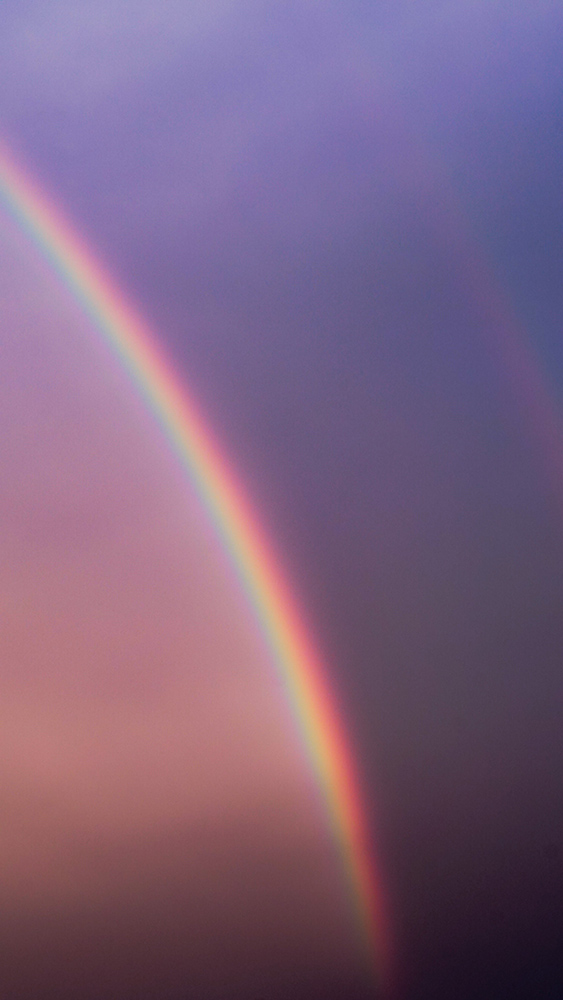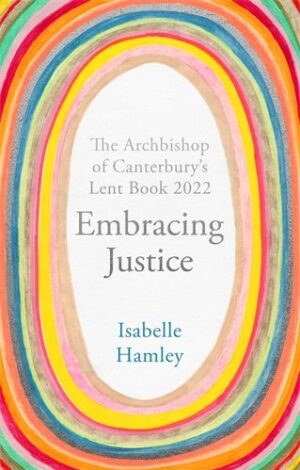



This series is a six part journey exploring the themes of the book Embracing Justice – The Archbishop of Canterbury’s Lent Book 2022. Specifically looking at the question, ‘What might a spirituality shaped by biblical portrayals of justice look like for the church of the 21st century?’
In this session Isabelle Hamley interviews Ruth Valerio about the subject of justice. Ruth is an environmentalist and theologian, social activist and author. She is Global Advocacy and Influencing Director at Tearfund.
Isaiah 58: 6-12
6“Is not this the kind of fasting I have chosen:
to loose the chains of injustice
and untie the cords of the yoke,
to set the oppressed free
and break every yoke?
7 Is it not to share your food with the hungry
and to provide the poor wanderer with shelter—
when you see the naked, to clothe them,
and not to turn away from your own flesh and blood?
8 Then your light will break forth like the dawn,
and your healing will quickly appear;
then your righteousness[a] will go before you,
and the glory of the Lord will be your rear guard.
9 Then you will call, and the Lord will answer;
you will cry for help, and he will say: Here am I.“If you do away with the yoke of oppression,
with the pointing finger and malicious talk,
10 and if you spend yourselves in behalf of the hungry
and satisfy the needs of the oppressed,
then your light will rise in the darkness,
and your night will become like the noonday.
11 The Lord will guide you always;
he will satisfy your needs in a sun-scorched land
and will strengthen your frame.
You will be like a well-watered garden,
like a spring whose waters never fail.
12 Your people will rebuild the ancient ruins
and will raise up the age-old foundations;
you will be called Repairer of Broken Walls,
Restorer of Streets with Dwellings.
Jesus spent His time with the marginalised of society to be able to bring them into the community. We are called to be like Jesus, as Christians, and to spend ourselves, as is described in Isaiah 58, on behalf of the hungry
and satisfy the needs of the oppressed. Justice is the process of seeing wrongs righted. Our role as Christians is to help to be the hands and feet of Jesus and to bring God’s change to a hurting world.
The opening chapters of the book of Genesis gives us a picture of God’s intention for creation and then shows us how it all went wrong! The rest of scripture is a story of how it is God’s plan to put things right. From Israel, to Jesus, to the Church.
In the beginning we all were made in the image of God. Part of justice is recognising that ALL people are made in the image of God just as I AM made in the image of God. The invitation is to be self aware and realise how we reflect God to others and how the Church reflects the image of God and the gospel story.
There are huge injustices globally. If we compare how tough it has been for the UK during the pandemic then look to other countries there is a vast difference. Whilst the UK had a safety net of furlough schemes to assist people financially, other communities did not have that. If they could not work that meant they could not eat. Also vaccine availability etc has been vastly unequal. COVID has exposed an inequality that was already there.
A person in the UK takes 6 days to omit the same level of Co2 as a person in Malawi does in 1 year! It is that person, however, who feels the impact of climate change the most. With more floods and droughts devastating the seasons, the impact of climate change on the poorest is unjust. It seems like, and is, a huge issue and with big issues we can feel as if we can never make a difference, but that is not true. Every fraction of a degree of change we make matters. We can give, act and pray into the issue of climate injustice.
The stories of Genesis 1 and 2 may seem far away, and quaint when put alongside the narratives of origins that we tell through science and biology. They relate a different kind of story, about who we are, who we are meant to be, and who God is. Human beings all tell stories about where they come from and how they fit into the order of the world. We have explanations for why the world is the way it is, in its beauty and its pain. These explanations help us understand we are part of something bigger than ourselves; they give us a vision for life, and patterns for how to live it. They bring meaning to our lives. Yet these stories often have a darker side, too. Though we may not always be aware of it, the ways in which we make sense of life influence the ways in which we make sense of the life of someone else, someone with different experiences. Stories and narrative of meaning are powerful: they shape the world and social order, and they have the potential to be abused. The tendency is evident throughout history, as pseudo-science has been used to oppress and mistreat entire groups of people, whether through race-based slavery, claims of women’s inferiority, or Nazism’s Aryan race
philosophy. Religion has been used to claim that wealth and prosperity are a sign of God’s blessing on those who deserve it, thereby justifying the suffering of those who live in disadvantage and poverty. The ways we think today are not immune to the dangers, either: evolution and survival of the fittest can be used to justify social arrangements and differences of outcome
between people, as can political theories around meritocracy, which argue that the rich deserve their wealth. Meanwhile, the ways in which we tell the history we claim as ours often shapes the claims we make on the present. The world of the Bible may be far removed from ours, yet in essence human beings have not changed much.
Take some time to give thanks to God for all that He has given to you personally and corporately.
Pray that God shows us ways that we can make changes to our lifestyles so that we may make a difference.
Pray for organisations who have influence over the issues, that they have the greatest resources and impact, and that they do not become overwhelmed with the enormity of the issues.